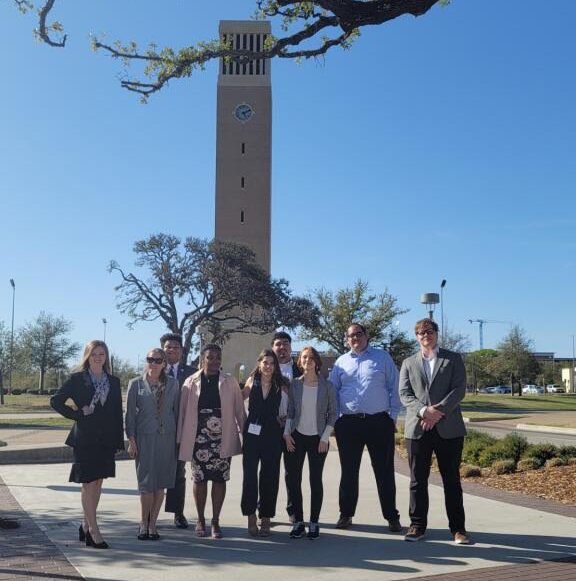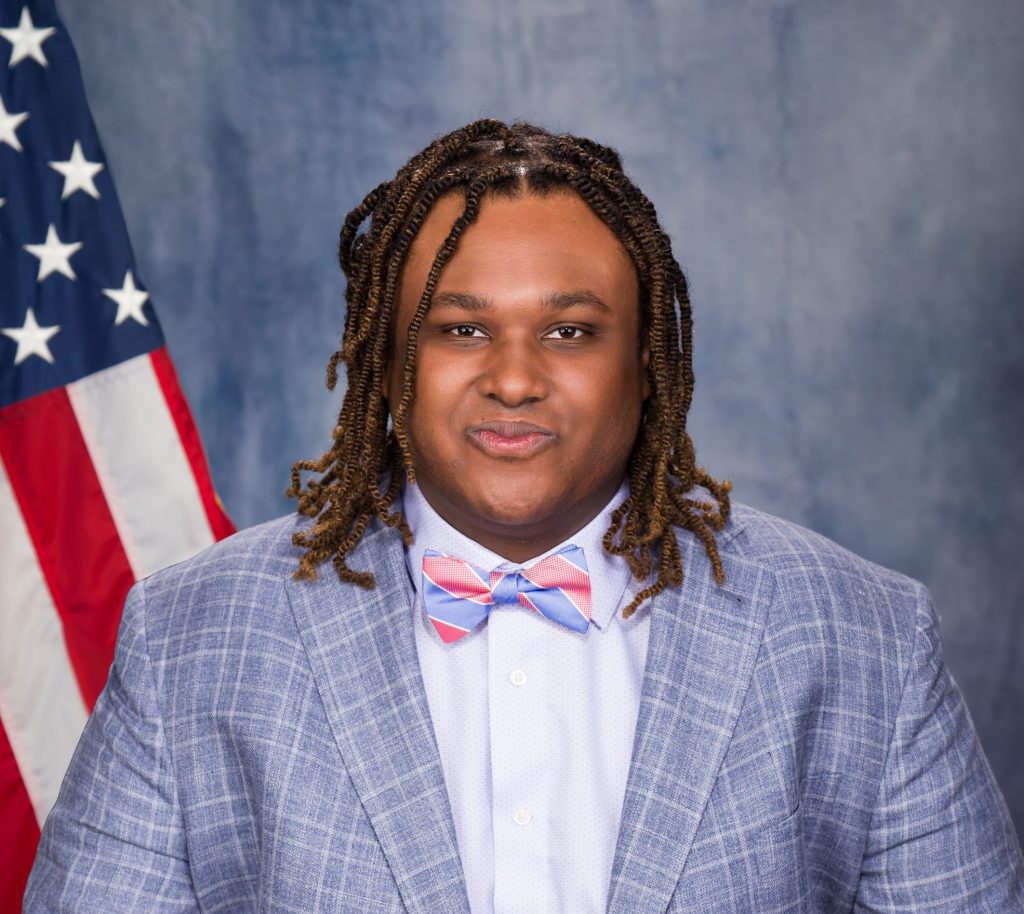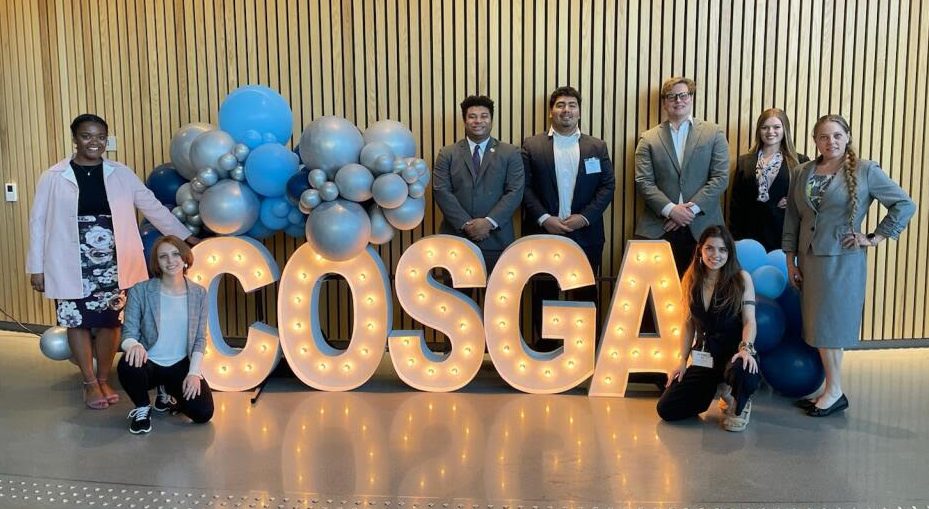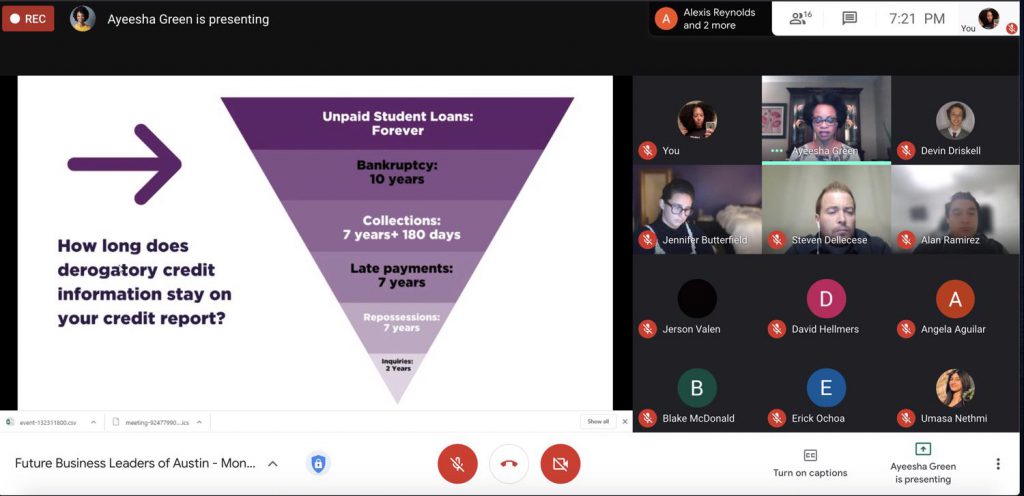Story by Gloria Nguyen
Graphics by Kate Korepova
Edited by Pete Ramirez
The Student Government Association (SGA) is a student organization comprised of members who have been duly elected from the student body of Austin Community College District.
According to SGA’s constitution, their goals are to facilitate understanding of democracy in our college, promote involvement among all members of the college community, and most importantly, to make the interests of the student body heard in our college in academic, institutional and campus affairs.
“A strong, enthusiastic and well-trained SGA, is for the betterment of all ACC students”
Mohammed Elghoul, advisor for ACC’s Student Government Association
In order to fulfill their goals and ensure they are listening to students, SGA recruits students from all 11 campuses and from all aspects of life.
Mohammed Elghoul, SGA’s advisor, says this approach improves the lives of the student body. “When ACC students have quicker access to an SGA member at their grade reviews or a more immediate place to express their concerns, student lives are better,” Elghoul said.

In line with their approach to being an advocate for the student body, SGA is currently focused on a district-wide information-gathering campaign collecting feedback to better understand the needs and state of housing for ACC students. Their short survey has been shared by the school via email and can also be found here.
SGA tries its best to represent ACC students but COVID-19 has made it challenging to find opportunities to connect directly with the student body.
“One of which, which is a bit challenging now because of the COVID, is to have fellow students come to a selected location and talk to them,” Elghoul said. “That way we can figure out what is important for fellow students.”
One off-campus activity that took a pause due to the challenges of the pandemic was the annual toy drive that is coordinated by SGA with the help of the honors society, Phi Theta Kappa. This event, which serves underprivileged youth in Travis County, is one of the student organization’s largest events of the year.
“We collect toys from boxes on most campuses,” Elghoul said. “Students bring the toys to the sheriff’s office. They have a list of families in need and want toys for the holiday and do an annual donation drive.”
The current president of ACC’s SGA, Isaiah Smith, is working with his team to develop more ideas for events and activities where students can connect with SGA members.

“We’re trying to get other departments at ACC involved in SGA activities,” Smith, said. “SGA is supposed to be representing our school as a whole, not just SGA members.”
Smith is leveraging his position within SGA and his expanding network of connections to improve the lives of all ACC students.
“I’m in the process of building a massive communication channel,” Smith said. “If any of our students have any issues, maybe with safety, we can easily get in touch with the ACC Police Department.”
Apply now to be a member during SGA’s 2022-2023 academic year.
As a member of SGA, students have opportunities to travel and meet other student leaders at other colleges, be invited to local exclusive events and represent their fellow students.
The application period has started and will end on April 13.
Find the application here.
Elections run from April 15 to April 25.
There are many positions that can be filled by students and they are all up for election. A full list of positions can be found here.
Only prior SGA members can run for executive board positions. Senate positions are open to all.
All applicants are required to be enrolled in a minimum of 6 credit hours and maintain at least a 2.5 GPA.
“We used to [hold the election] over the course of 7 days, so by 10 days, people will have more time to prepare and encourage people to vote for them,” Elghoul said.
As the student leader of SGA, Smith points out some characteristics that members of SGA should cultivate.
Smith said members should be assertive, flexible and caring.
For future members of the organization, Smith’s advice is simple: “Be the change that you wish to see in the world.”

Elghoul is committed to continuing to guide the SGA to better understand and serve the ACC student body.
“If you want to represent the students, you have to know the students,” Elghoul said.
For more information about SGA, check out their website and follow them on Twitter and Instagram. If you have any questions about SGA, you can reach out to Elghoul at [email protected].





